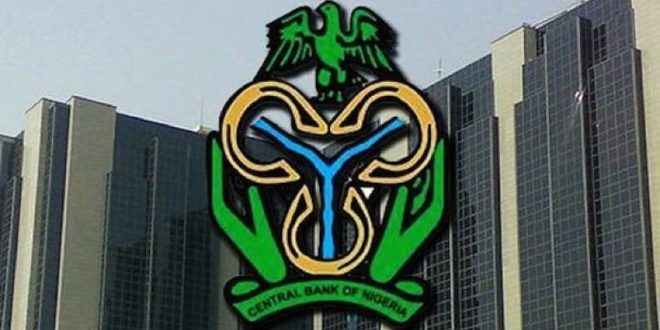The combined bank borrowing of oil firms operating in the downstream and upstream subsectors of the Nigerian oil and gas industry rose from N5.19tn in January 2021 to N5.68tn in December 2021, showing an increase of N490bn.
Operators in the downstream, natural gas and crude oil refining subsectors had borrowed N290bn from Nigerian banks in 2021 amid the significant rise in global crude oil prices. The debt owed by the oil and gas companies rose to N4.21tn in December from N3.92tn in January 2021, according to the data obtained from the Central Bank of Nigeria.
However, operators in the upstream and services subsectors owed banks N1.47tn in December, an increase of N200bn from N1.27tn in January 2021.
The combined debt of N5.68tn owed by oil and gas operators (upstream and downstream) as of December 2021 represents 23.3 per cent of the N24.38tn loans advanced to the private sector by the nation’s banks, according to the sectoral f deposit money banks’ credit by the CBN.
Oil and gas firms received the biggest share of the deposit money banks’ credit disbursement to the private sector, according to the CBN data.
The Petroleum and Natural Gas Senior Staff Association of Nigeria had in March raised the alarm over the huge losses incurred by operators in the oil and gas industry as a result of vandalism and oil theft.
The President of PENGASSAN, Festus Osifo, said between October 2021 and February 2022, over 90 percent of crude oil pumped into the Trans National Pipeline by operators was vandalised.
This, he noted, had made Nigeria lose out on accruing more revenue in spite of the current high price of crude oil in the international market.
Osifo said another problem arising from vandalism was that companies were being forced to go into curtailment when the assets/export pipelines were damaged as they could not export what they produced, thereby incurring production losses.
According to him, each operator in the sector loses an average of 10 days of production shut-in monthly due to vandalism.
He said, “Recent preliminary work showed that about 150 illegal tappings were used in siphoning crude oil from the TNP.
“This has forced all operators injecting crude into the TNP to suspend export/injection thereby shutting-in production. Total Energies and SPDC for example stopped production into the TNP pipeline while Agip Eni declare force majeure on their brass terminal.”
In the same vein, a petroleum engineer and oil and gas analyst, Bala Zaka, listed vandalism and insecurity among the major concerns in the sector, describing them as the primary reasons for the high rate of borrowing among oil firms.
Zaka said vandalism and insecurity had increased the operating cost of oil and gas firms.
In a bid to offset the growing costs, he said companies in the sector had been forced to turn to financial institutions.
He said, “The operating cost of oil and gas firms, both those in the downstream and upstream sub-sectors, is very high now, particularly because of issues of vandalism and security.
“You will see that because of insecurity problems, many of these companies, both onshore and offshore; employ the services of heavy security personnel to safeguard their equipment. Sometimes even their staff has to be secured.
“This additional security costs a lot of money; this is affecting their bottomline and profit before tax. On the issue of vandalism, I have observed that a lot of these firms are being harassed by their host communities which is why improve their CSR and give back to these communities.”
 The Commerce Africa African Reneissance
The Commerce Africa African Reneissance


